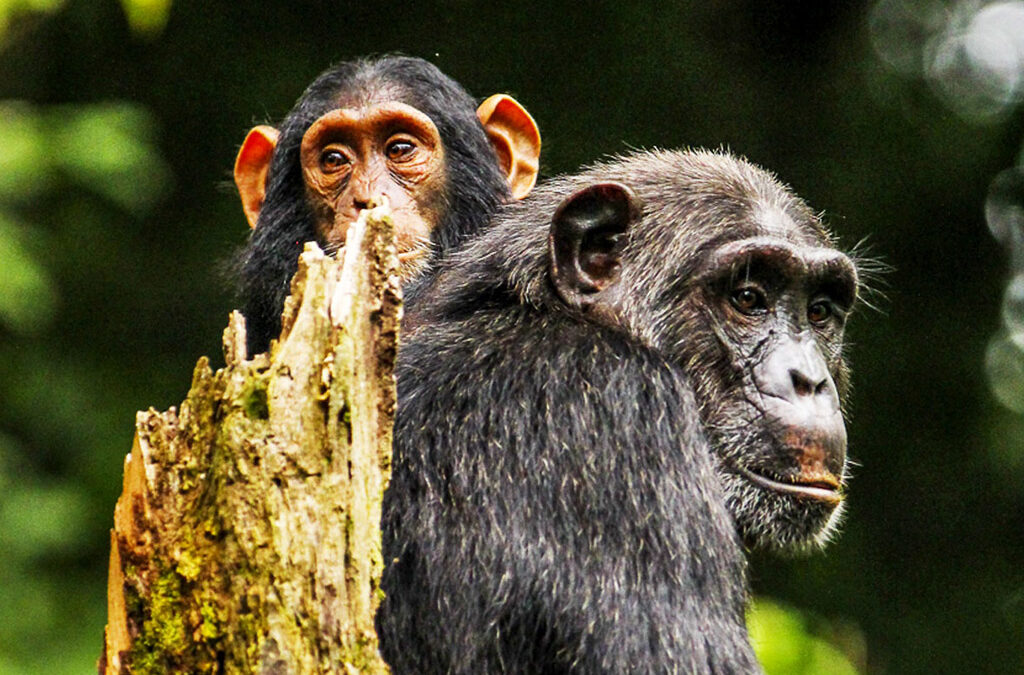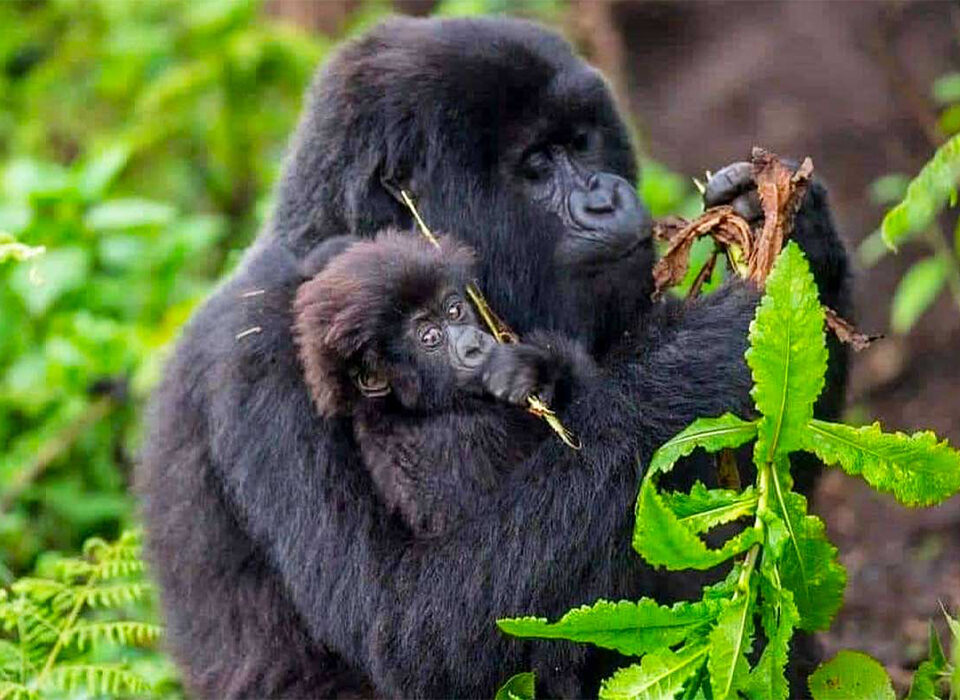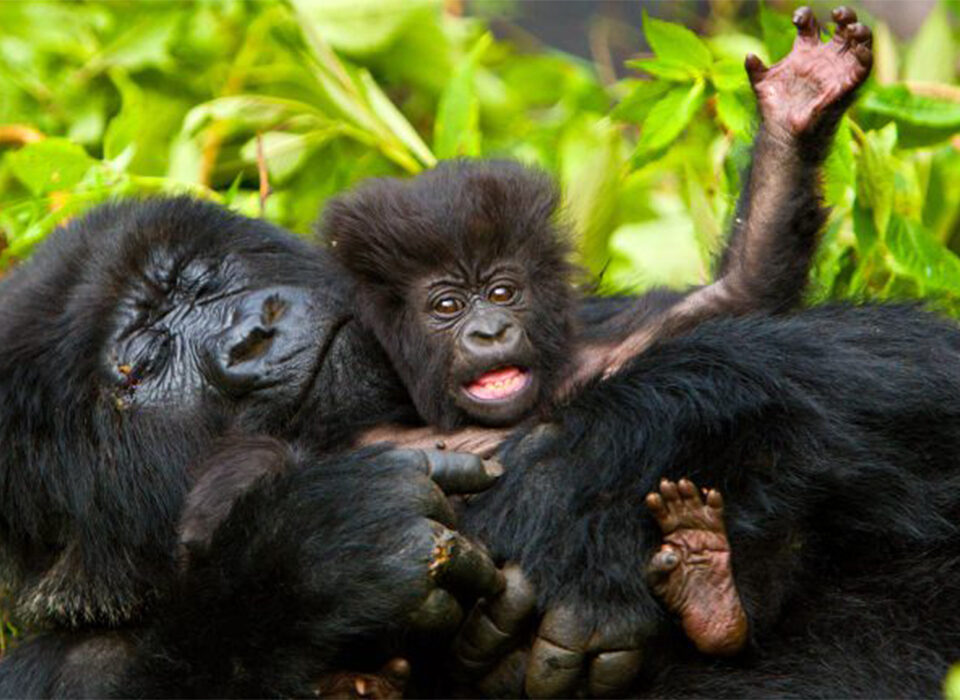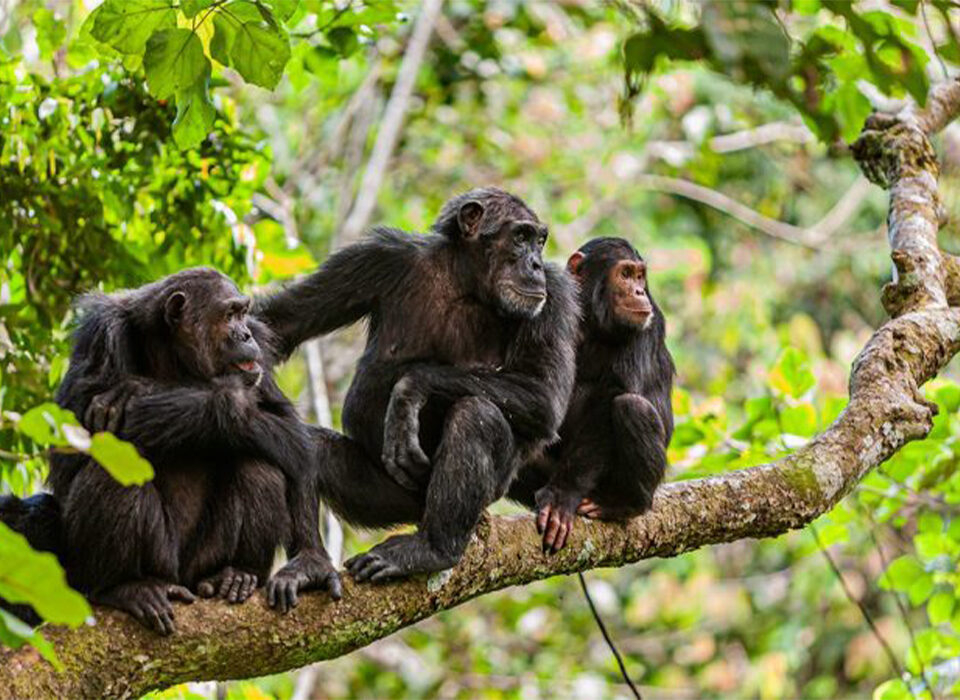
The Uganda Wildlife Education Centre -Entebbe Zoo
September 16, 2025
Do You Need Walking Sticks for Uganda Gorilla Trekking?
September 16, 2025Complete Guide to Combining Primates and Game Safari in Uganda

The best way to combine primate encounters with a game safari in Uganda requires careful planning. Travelers must consider available time, preferred destinations, and personal travel preferences. Fortunately, Uganda is one of Africa’s premier wildlife destinations, offering the extraordinary chance to see both magnificent game animals and rare primates in their natural habitats. By strategically combining experiences, visitors can witness the Big Five alongside endangered mountain gorillas and chimpanzees. With diverse ecosystems ranging from savannah grasslands to dense tropical forests, Uganda provides the perfect backdrop for this dual wildlife adventure, attracting nature enthusiasts from around the world.
Planning Your Safari Duration
To fully enjoy both primate encounters and game viewing, a minimum five-day itinerary is recommended. Typically, such a journey begins at Kibale National Park, where visitors embark on chimpanzee trekking adventures through ancient rainforests. After this thrilling experience, travelers usually continue to Queen Elizabeth National Park, offering classic African safari experiences with game drives across vast savannahs and boat safaris along the Kazinga Channel.
For the grand finale, Bwindi Impenetrable National Park provides gorilla tracking or the more intensive gorilla habituation experience. However, many safari enthusiasts choose to extend their adventures beyond five days to maximize wildlife encounters and explore additional destinations.
Extended Itineraries for Wildlife Enthusiasts
Extended safaris often begin at Ziwa Rhino Sanctuary, where visitors can secure guaranteed rhino sightings. From there, the journey continues to Murchison Falls National Park, then onward through Kibale Forest, Queen Elizabeth National Park, Bwindi Impenetrable Forest, the scenic Lake Bunyonyi, and finally concludes at Lake Mburo National Park.
This expanded route allows travelers to enjoy varied landscapes, diverse wildlife species, and rich cultural interactions, making the safari more rewarding and memorable.
Game Safari Destinations Across Uganda
Uganda’s national parks each offer unique wildlife viewing experiences.
- Murchison Falls National Park: Located in northern Uganda, this park is famous for the dramatic Murchison Falls, where the Nile River squeezes through a narrow gorge. Visitors can see elephants, giraffes, lions, leopards, and various antelope species.
- Queen Elizabeth National Park: Known for its tree-climbing lions in the Ishasha sector, this park supports over 95 mammal species. Boat safaris on the Kazinga Channel reveal hippos, crocodiles, and a wide array of birdlife.
- Lake Mburo National Park: A more intimate safari experience with walking safaris and horseback rides. Wildlife includes zebras, impalas, and antelope species unique to the park.
- Kidepo Valley National Park: Uganda’s most remote wilderness, ideal for authentic safari adventures with minimal crowds. Unique species such as cheetahs, ostriches, and greater kudus roam against a dramatic mountain backdrop.
Overall, these parks provide a variety of safari experiences suitable for both first-time visitors and seasoned travelers.
Primate Safari Experiences in Uganda
Uganda is a global leader in primate conservation, offering diverse opportunities for wildlife enthusiasts.
- Kibale Forest National Park: Known as the primate capital of East Africa, it hosts the highest concentration of chimpanzees, alongside twelve other primate species, including red colobus monkeys and L’Hoest’s monkeys.
- Bwindi Impenetrable Forest National Park: Home to nearly half of the world’s remaining mountain gorillas. Trekking experiences vary across four sectors—Buhoma, Ruhija, Rushaga, and Nkuringo—ranging from gentle forest walks to challenging hikes.
- Mgahinga Gorilla National Park: Offers gorilla tracking in volcanic mountain landscapes and forms part of the Virunga Massif shared with Rwanda and the Democratic Republic of Congo.
- Other destinations: Kalinzu Forest (budget-friendly chimpanzee tracking), Kyambura Gorge in Queen Elizabeth National Park (“Valley of Apes”), Bugoma Forest, and Budongo Forest for less crowded chimpanzee encounters.
By visiting multiple sites, travelers can experience both common and rare primate species in their natural habitats.
Essential Considerations for Safari Planning
This combined safari experience caters to a variety of travelers, including solo adventurers, couples, families, and large groups. Therefore, tour operators often customize itineraries based on group size, interests, and budget, ensuring a memorable experience for all.
Age restrictions: Chimpanzee tracking requires participants to be at least 12 years old, while gorilla trekking has a minimum age of 15. Families with younger children can enjoy alternative activities such as nature walks, bird watching, and cultural visits.
Accommodation options: Choices range from budget camping and basic lodges to luxury safari camps and high-end eco-lodges. This flexibility allows travelers to balance comfort and cost without compromising the experience.
Permit Booking and Seasonal Planning
Primate trekking permits must be booked well in advance, particularly during peak seasons. The Uganda Wildlife Authority manages all permit allocations, but reputable tour operators can simplify the process significantly.
Permit costs:
- Gorilla permits: $800 per person for 1-hour tracking
- Gorilla habituation permits: $1,500 for 4 hours
- Chimpanzee permits: $250–$300 depending on location and experience type
Seasonal considerations: Dry seasons (June–September, December–February) provide easier trekking conditions and better wildlife visibility. On the other hand, wet seasons offer lush landscapes, fewer crowds, and possible accommodation savings.
Travel Requirements and Documentation
International visitors require valid visas, with many nationalities eligible for online applications. An East African tourist visa is ideal for travelers visiting multiple countries, including Kenya, Rwanda, and Tanzania.
Additional requirements include:
- Valid passport with at least six months’ validity
- Yellow fever vaccination certificate
- Comprehensive travel insurance covering medical emergencies and evacuation
By preparing all documentation in advance, travelers ensure a smooth and stress-free safari experience.
Maximizing Your Combined Safari Experience
Successful safaris balance primate encounters with game viewing while allowing adequate rest between activities. Professional guides play a key role, enhancing wildlife spotting, providing insights into animal behavior, and explaining conservation efforts.
Photographers should prepare for diverse conditions—from low-light forests to bright savannahs—to capture unforgettable wildlife moments. Ultimately, this extraordinary combination of primate tracking and classic game safaris creates lifelong memories while supporting vital conservation initiatives, preserving Uganda’s incredible wildlife heritage for future generations.



